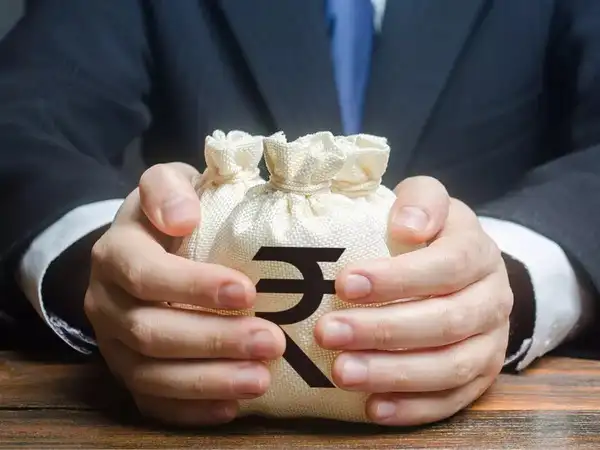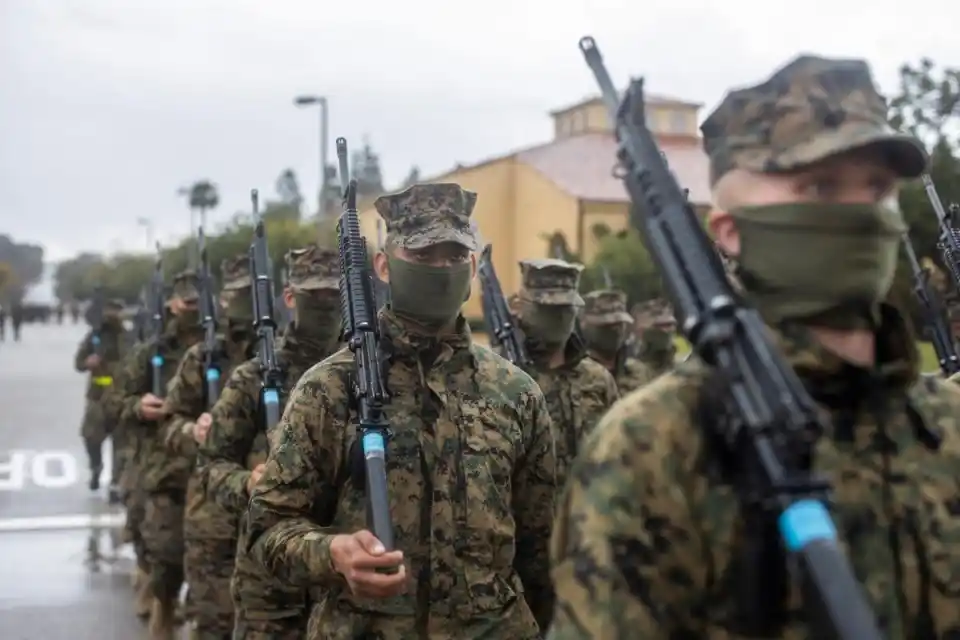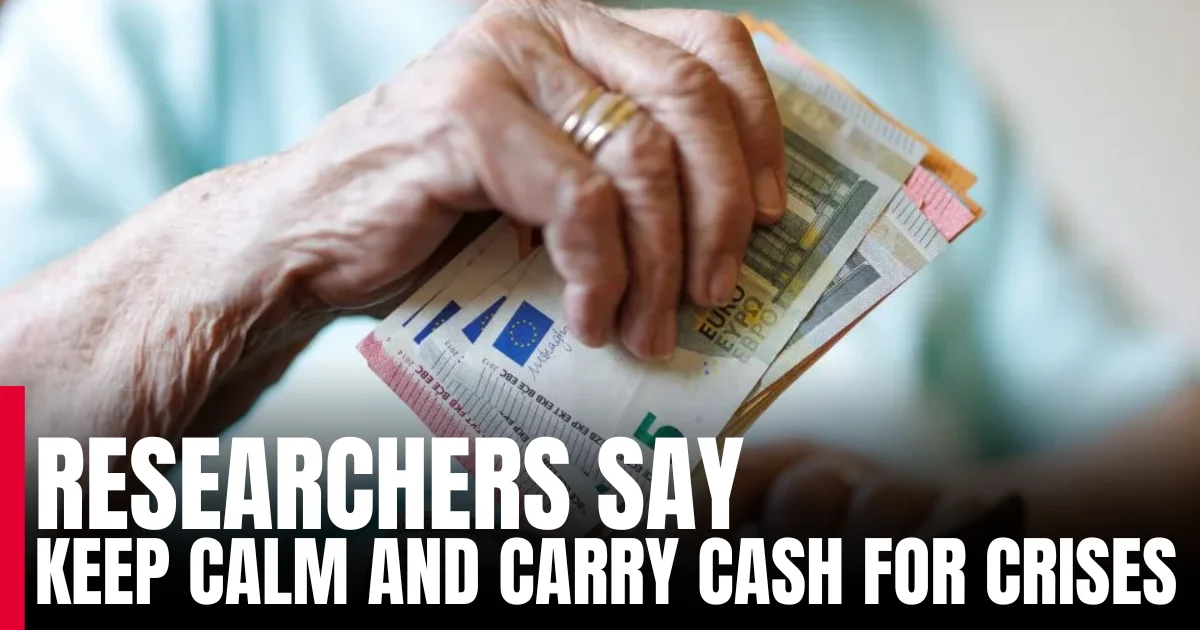The ECB urges Europeans to keep cash at home for emergencies. Learn why banknotes remain vital during crises like war, pandemics, and outages.
Table of Contents
Keep Calm and Carry Cash’: Why Researchers Urge Households to Keep Banknotes at Home
The European Central Bank (ECB) is urging households to store cash at home as a safeguard against crises such as wars, pandemics, and power outages. According to a new study, physical banknotes remain a critical fallback when digital systems fail, offering both psychological reassurance and practical utility.
Cash Demand Surges During Crises

The ECB’s research examined four major European crises, including the Covid-19 pandemic and Russia’s invasion of Ukraine in 2022. In each case, demand for physical banknotes surged as households sought reliable payment methods when uncertainty struck.
The study emphasizes that cash provides redundancy—a backup system—when electronic transactions are disrupted. For example, during a widespread power outage in Spain and Portugal earlier this year, many retailers were forced to accept only cash.
“According to the report, cash serves as the system’s emergency backup—often overlooked until it becomes absolutely necessary.”
How Much Cash Should Families Keep?
Authorities across Europe already recommend keeping small reserves of banknotes at home for emergencies:
- Netherlands, Austria & Finland: €70–€100 ($82–$117) per person, covering 72 hours of essentials.
- Sweden: Enough to pay for food, medicine, and fuel for at least one week, in small denominations for trade.
This aligns with wider EU guidance urging citizens to stockpile essentials for three days in case of crisis.
War and Pandemic Lessons

The Covid-19 pandemic led to long-term cash hoarding as people worried about job security and access to funds. Similarly, Moscow’s full-scale invasion of Ukraine caused sharp spikes in demand for physical currency—especially in border countries like Poland, Finland, and the Baltic states.
Researchers noted that proximity to geopolitical risks made citizens more likely to accumulate portable liquidity in case of sudden displacement.
Preparing Citizens for a Bleaker Reality
The ECB report is part of a broader effort across Europe to strengthen public crisis preparedness. Recent EU and national initiatives include:
- 72-hour survival guidance from the European Commission.
- Preparedness booklets distributed in Sweden and Finland, teaching citizens how to cope with war, blackouts, and infrastructure sabotage.
- Recommendations for stockpiling food, water, medical supplies, and cash.
The message is clear: digital systems can fail, but cash remains resilient.
FAQs
Q1: Why is cash considered essential during crises?
Cash works when digital systems, such as payment terminals or banking apps, are offline due to outages, cyberattacks, or war-related disruptions.
Q2: How much cash should I keep at home?
Experts recommend €70–€100 per person for 72 hours, or up to one week’s worth of essential expenses in countries like Sweden.
Q3: Is keeping cash at home safe?
Yes, if stored securely. Authorities advise keeping small denominations and not hoarding excessively, to reduce theft risk.
Q4: Will digital payments replace cash entirely?
No. While digital transactions dominate daily life, the ECB stresses that cash remains a critical backup system in times of crisis.
Conclusion
The ECB’s findings highlight a simple but powerful message: “Keep calm and carry cash.” From pandemics to power outages and geopolitical tensions, banknotes provide a safety net that ensures families can cover essentials when modern systems falter.
As Europe braces for an uncertain future, keeping modest amounts of cash at home is not just old-fashioned advice—it’s part of smart crisis preparedness.

